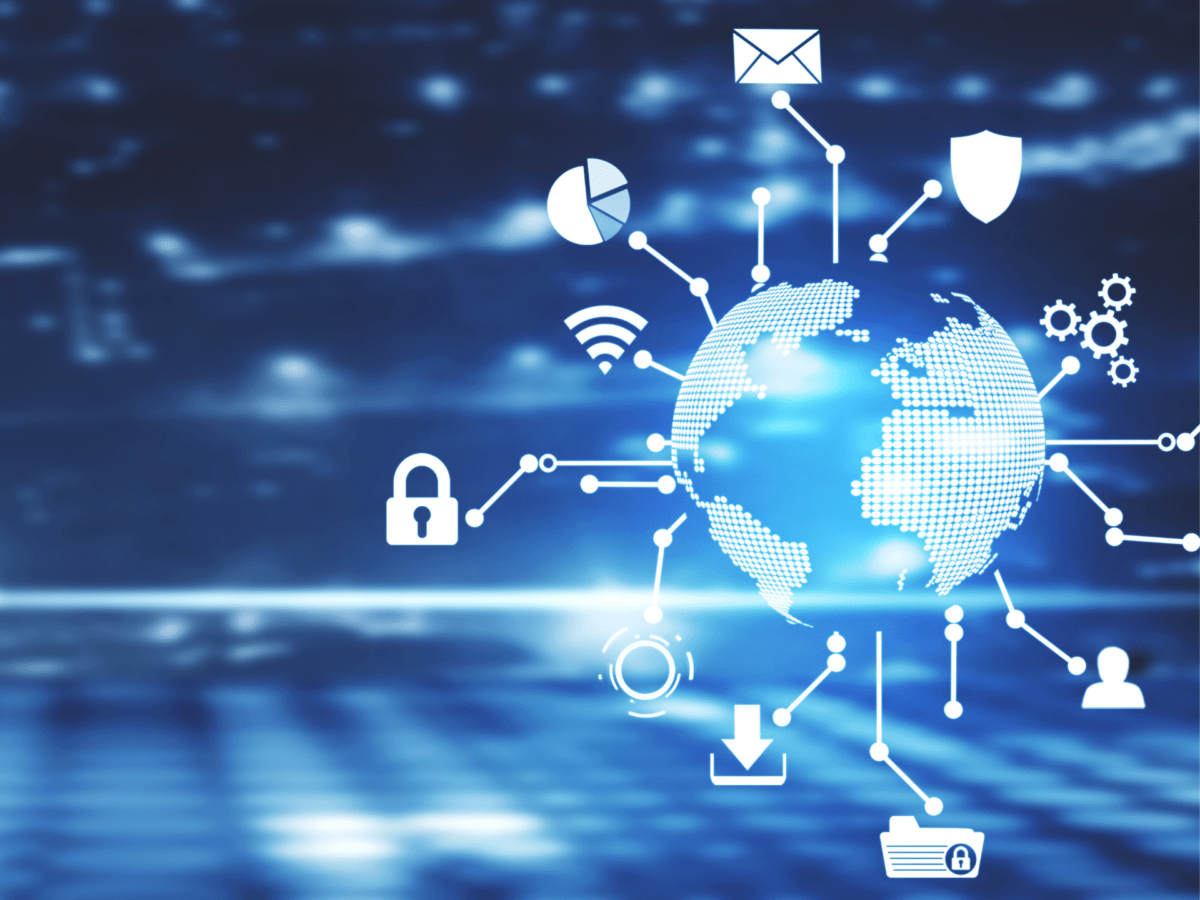Top 10 Technology

Artificial Intelligence (AI): AI involves the development of machines and systems that can perform tasks that typically require human intelligence, such as natural language processing, computer vision, and problem-solving.
Internet of Things (IoT): IoT refers to the network of physical devices, vehicles, appliances, and other objects embedded with sensors and software that enable them to connect and exchange data over the internet.
Blockchain: Blockchain is a distributed ledger technology that ensures secure and transparent transactions across a decentralized network, popularly known for supporting cryptocurrencies like Bitcoin.
5G Technology: The fifth generation of mobile network technology promises faster data transfer rates, reduced latency, and increased connectivity, paving the way for advanced applications and services.
Cloud Computing: Cloud computing enables the delivery of computing services over the internet, providing on-demand access to resources like storage, servers, databases, and software.
Virtual and Augmented Reality (VR/AR): VR immerses users in computer-generated environments, while AR overlays digital elements onto the real world, enhancing user experiences in various fields, from entertainment to training.
Biotechnology and Genetic Engineering: These fields focus on using biological systems, organisms, or their derivatives to develop new products and technologies for healthcare, agriculture, and industry.
Quantum Computing: Quantum computers leverage quantum mechanics to perform complex calculations exponentially faster than classical computers, potentially revolutionizing industries like cryptography and drug discovery.
Robotics and Automation: Robotics involves the design, construction, and operation of robots, while automation utilizes technology to perform tasks without human intervention, enhancing productivity and efficiency across industries.
Renewable Energy Technologies: These encompass various technologies such as solar, wind, hydro, and geothermal energy, which aim to harness clean and sustainable sources of power to address environmental concerns.
Please note that the technological landscape is continually changing, and new innovations may have emerged since my last update. For the latest information, I recommend consulting reliable technology news sources and publications.
Comments
Post a Comment